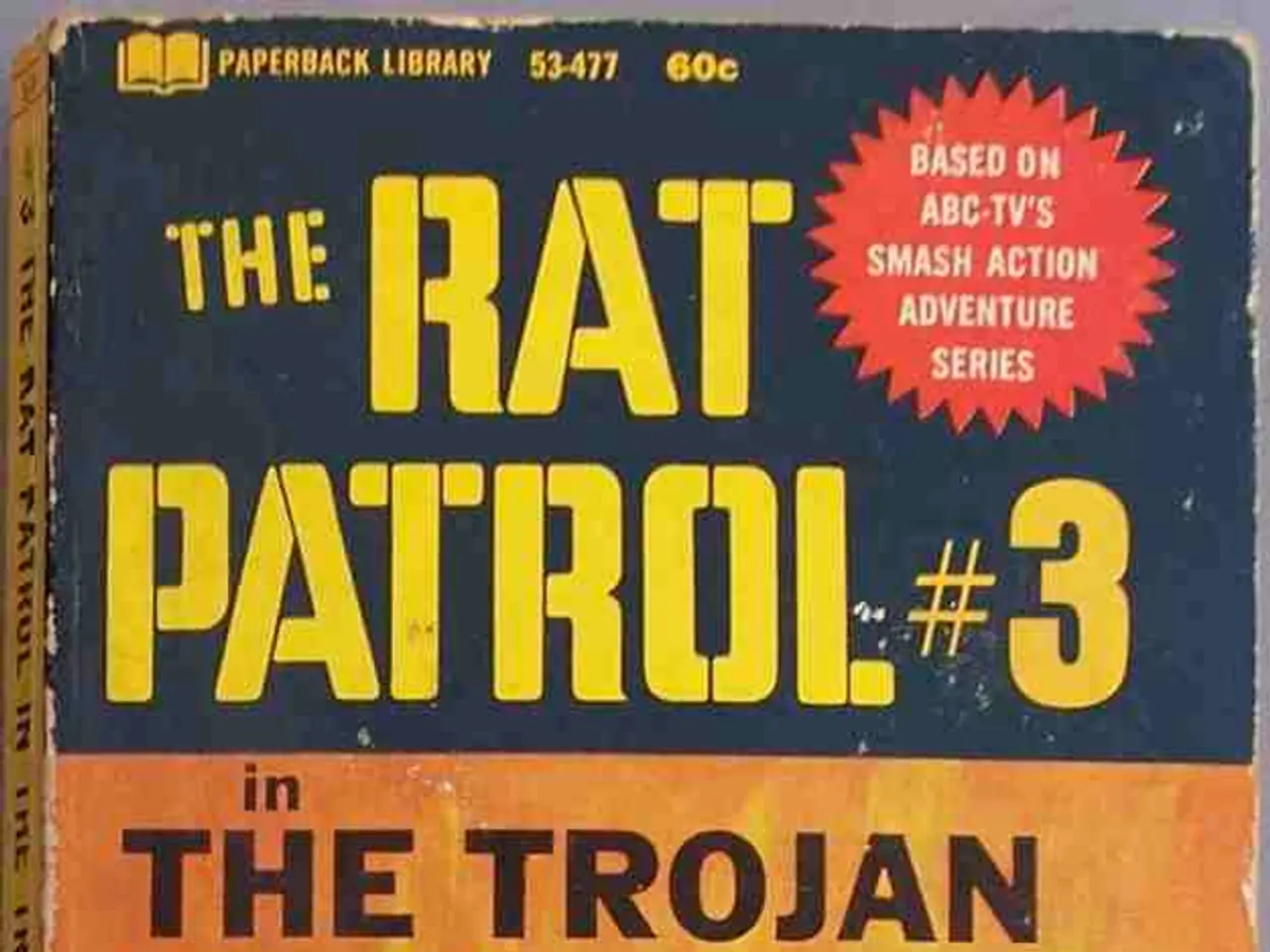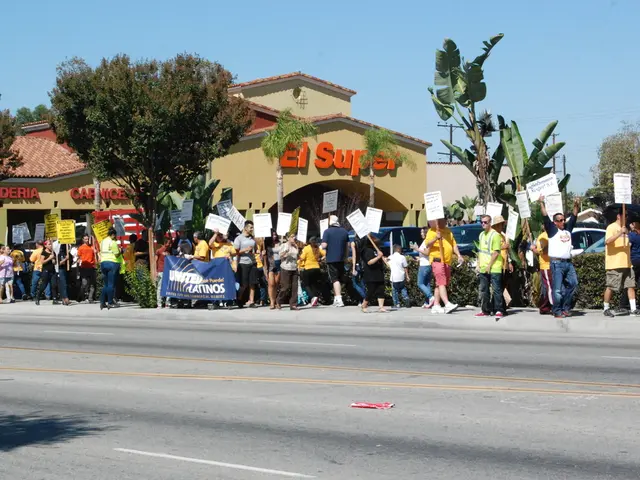Gockel's 'Wallenstein' Captivates with Modern Twist on Classic Play
Jan-Christoph Gockel's latest production of Schiller's 'Wallenstein' at the Münchner Kammerspiele has concluded, leaving audiences captivated with its unique blend of history, philosophy, and modern sensibilities. The production, which ran for over six hours, delved into themes of war, betrayal, and dependencies, offering a fresh perspective on the classic play.
Gockel and his team, including dramaturgical assistant Dr. Johannes Spohr, heavily cut Schiller's original text, weaving in prologues and epilogues to create a contemporary narrative. The production began with a lecture-performance by Sergei Okunev, who also contributed his research on Russian Wagner troops and Jewgeni Prigoschin.
The ensemble's cooking at a long kitchen counter was a standout scene, creating a communal atmosphere that contrasted with the play's themes of war and betrayal. The 'Feast of Battle in Seven Courses' saw the stories of Wallenstein and Prigoschin dialectically arguing, reflecting the production's exploration of power dynamics and dependencies.
A device was used to move Samuel Koch's paralyzed body like a marionette, symbolizing the puppeteering of power and the human cost of war. Koch's brief appearance after six hours, with a few arm movements and two large steps, was a poignant moment that underscored the production's sensual connection to the present.
Gockel's focus on war, betrayal, and dependencies was evident throughout the production, culminating in a small piece of hope at its conclusion. The Wagner motto 'Our business is death - and business is good' lingered particularly long, serving as a stark commentary on the cyclical nature of conflict.
Jan-Christoph Gockel's 'Wallenstein' at the Münchner Kammerspiele was a thought-provoking and innovative take on Schiller's classic play. By intertwining historical material with contemporary research and symbolism, Gockel and his team created a production that resonated with modern audiences. The production's exploration of power, dependency, and the human cost of war leaves a lasting impact, inviting audiences to reflect on these themes in today's world.








